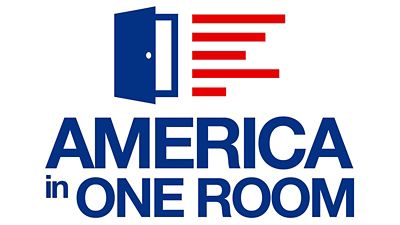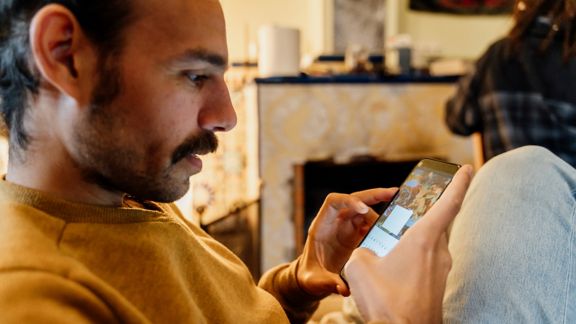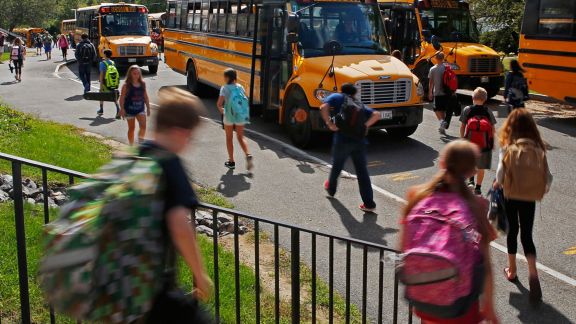America in One Room

Problem
Americans’ polarization and distrust of each seem to be growing.
The United States is deeply divided along partisan lines, creating policy deadlock, social unrest, and political stasis that endangers both the democratic process and the legitimacy of election outcomes. Many Americans limit political conversations and online interaction to those with similar views, which can contribute to voting patterns that lead to government dysfunction. That disfunction can then reinforce disillusionment and discontent. But many Americans are searching for paths toward common ground.
Solution
NORC facilitated a “deliberative polling” experiment to see if it could moderate peoples’ opinions.
Working with the Deliberative Democracy Lab at Stanford University and Helena, a nonprofit organization that finds and funds new ideas, NORC selected a nationally representative sample of 523 registered voters from around the country and brought them together over a weekend in September 2019 to discuss crucial issues in the 2020 presidential election. Called “America in One Room,” the experiment involved participants from a range of political views deliberating specific policy proposals about immigration, the economy (including taxes), health care, the environment (including climate change), and foreign policy.
Participants first answered a questionnaire before seeing or discussing any information from the project. Attendees then read printed materials that were vetted by subject matter experts and contained strong evidence-based arguments for and against each proposal. People were randomly assigned to moderated small groups where they got to know each other and agreed on questions that they asked experts in plenary sessions. At the end of the deliberations, participants took the same questionnaire as at the start, in addition to questions for evaluation.
Afterward, we polled participants to see whether and how their views on immigration, the economy, health care, the environment, and foreign policy changed. A control group completed the same baseline and post-deliberation surveys, but did not participate in the deliberations, giving analysts a point of comparison
Result
We showed that discussion can move Americans toward common ground.
The Deliberative Democracy Lab’s data analysis found that in addition to Democrats and Republicans moderating their views on most of the issues discussed, their attitudes toward each other moderated as well, with Democrats reporting a 13-point increase in positive feelings toward Republicans and Republicans reporting a 14-point increase in positive feelings toward Democrats.
In 2021, NORC facilitated America in One Room Climate and Energy, which assembled a group of over 900 Americans for a web-based discussion of climate and energy. The result was a similar convergence of opinions, with 70 percent of participants expressing a willingness to use less electricity.
In 2023, NORC facilitated America in One Room Democratic Reform, which assembled a group of over 582 U.S. registered voters for web-based discussions on topics related to democratic reform.












